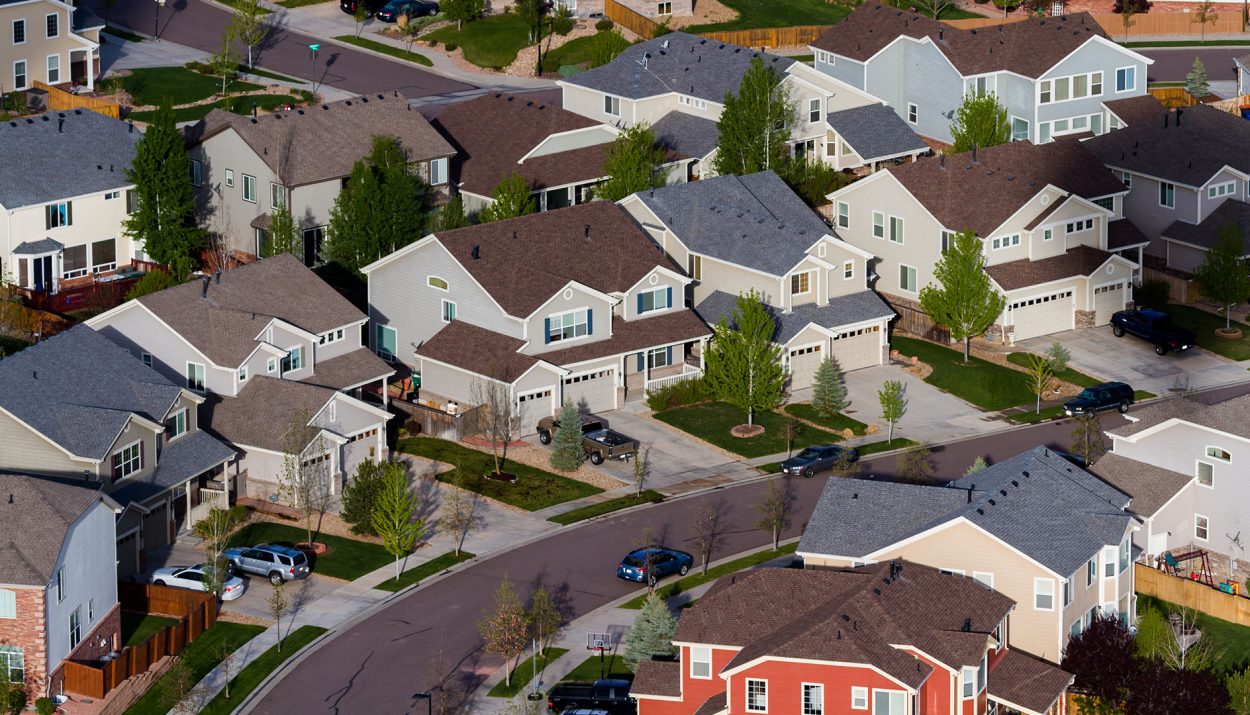In Nebraska, lawmakers are considering a bill designed to reduce property tax burdens for homeowners.
However, experts speaking to Journalists warn of an unintended consequence — the potential for home prices to fall. And now we can’t help but wonder: what impact might this legislative decision have on the state’s housing market and the financial well-being of its residents?
LB1183
Earlier this month, Senator Eliot Bostar of Lincoln, who is a member of the Democratic Party, introduced a new legislative bill, LB1183. This bill proposes an interesting alternative to already existing property valuation methods. Simply put, the Lincoln senator wants to shake things up in the real estate sector of the state.

In Senator Bostar’s ideal world, if a homeowner decides to sell their property, the local county’s assessed valuation of that property would be considered equivalent to an offer to purchase the property for the same amount. In other words, the amount the county says the house is worth for taxes would be the same asking price if someone wanted to buy the house.
In The Pursuit Of Fair Valuation
LB1183, which is currently under consideration, includes a provision that will allow Nebraska homeowners a period of 90 days to accept an offer by their local county. Once again, this offer will be based on how much the county thinks their house is worth.

Senator Bostar explained that the goal of this bill is to exert “downward pressure on property valuations-and therefore property taxes.” The idea is to make sure that people who determine the value of a property are compelled by law to be accountable to their projected numbers.
The Carrot And The Stick
Senator Eliot Bostar explained more about his new bill. On a broader scope, the LB1183 bill wants to ensure that the values realtors assign to properties are accurate and don’t go higher than what they would really sell for. He said, “The bill creates incentives to ensure that property valuations don’t exceed market value, which I believe is common.”
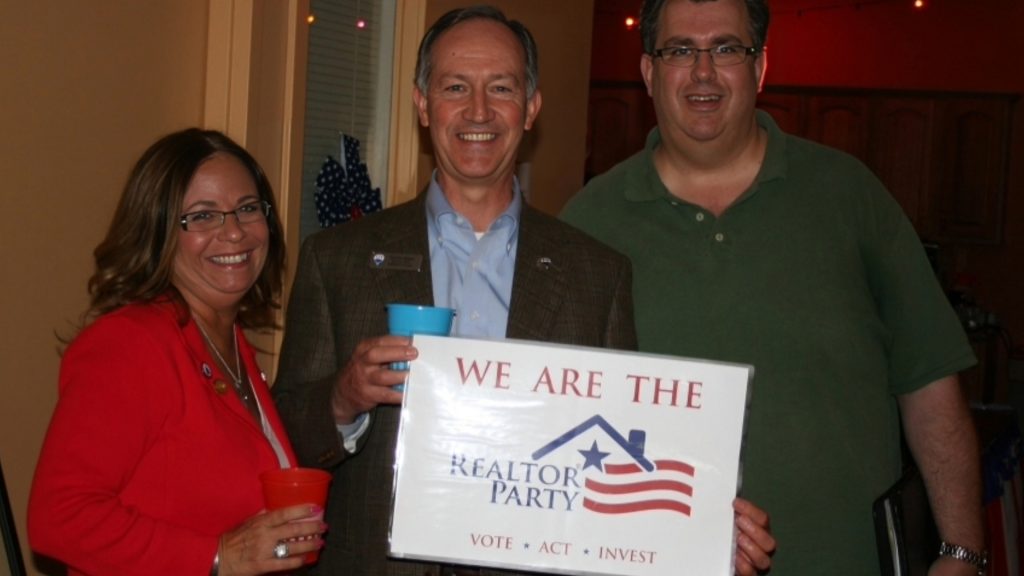
He also mentioned that even though there are rules on how high tax rates can go, property taxes usually go up because the value of the property goes up. His law wants to make the process more clear and less complicated by using real market prices to decide the value of properties.
Freedom To The People
Real estate law expert Frank Ferruggia gave his two cents about the new legislative proposal. Ferruggia described the bill as potentially being “a substantial hammer that taxpayers could wield against the financial authorities.”

In other words, should the bill pass, it’ll surely become easier for folks to understand how properties are valued and challenge bogus property valuation.
There’s A But
Not everyone is pro-LB1183. Other experts are worried about what this bill could do.

These worries are probably about how this change in the law might affect the way properties are valued, how much tax money is collected, and the property market in general.
The First Issue
Assaf Harpaz, a visiting assistant professor at Drexel University’s Thomas R. Kline School of Law, also gave his own 2 cents regarding the LB1183
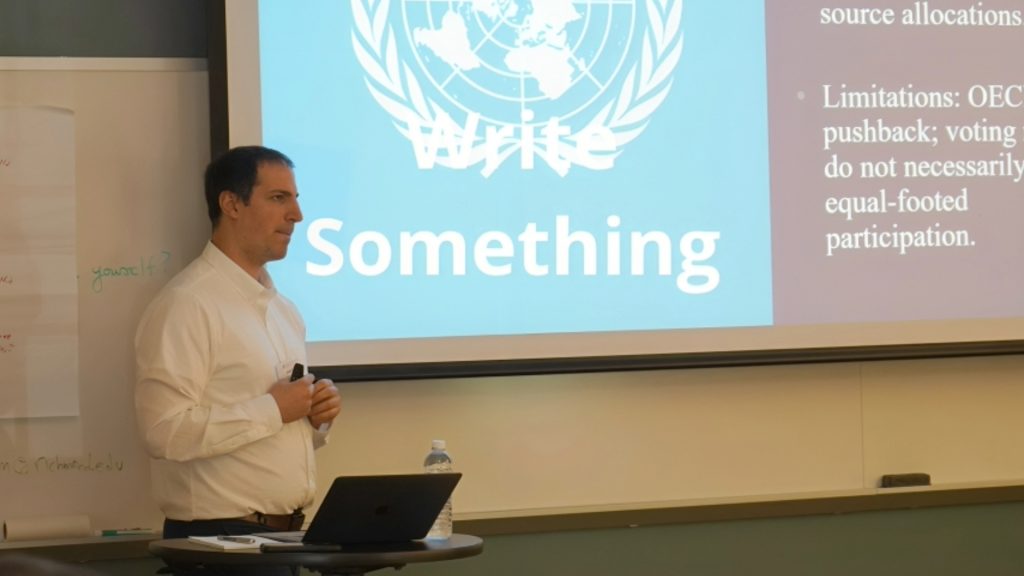
First, he talked about how much properties are said to be worth. This is a usual problem when it comes to taxes on properties. He mentioned that the value used for taxes might not always match what the property is really worth in the market.
The Second Issue
The second problem he talked about is the idea in the bill that the value given for taxes could be seen as an offer to buy the property.

This brings up a big question: can the county buy properties if owners decide to say yes to these ‘offers’? Not that we know the answer. But these doubts point to the reality of things – chances are, implementing this law will lead to some complex and practical problems.
Hypothetically Speaking
Harpaz suggests that if county assessments are treated as potential purchase offers, as proposed in the bill, counties might lower their valuations to avoid the financial obligation of purchasing properties should owners decide to accept these ‘offers.’
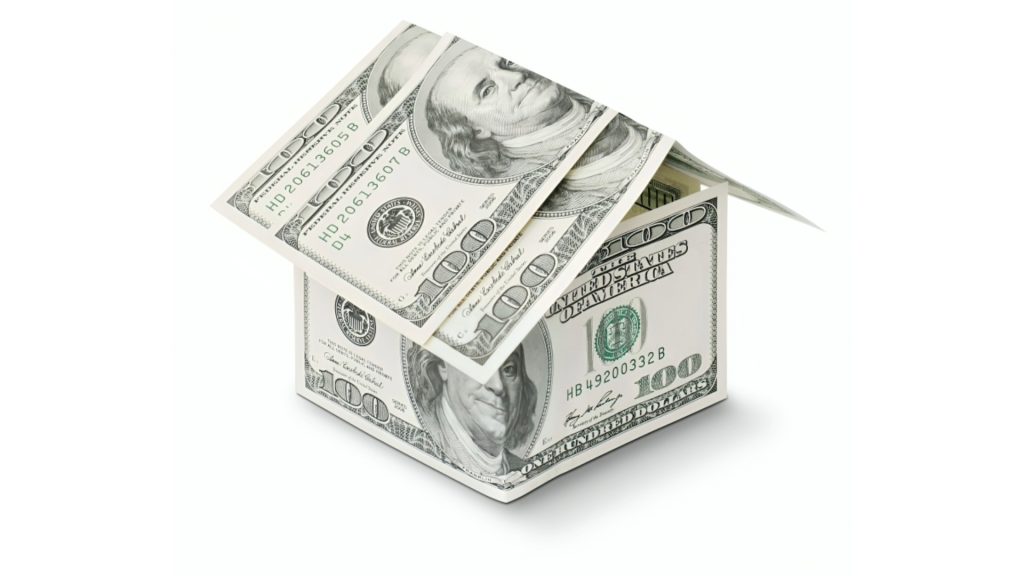
Given, that it is a hypothetical scenario, nevertheless, this could make things complicated between how much properties are said to be worth for taxes and what’s really happening in the property market.
What If Property Owners Decide To Sell?
Andrew Hayashi, an expert in tax law and economics at the University of Virginia School of Law, did not mince his words as he expressed his concerns about the potential impact of Senator Bostar’s new bill. He believes that this bill could lead to a situation where it costs taxpayers more than it helps them.
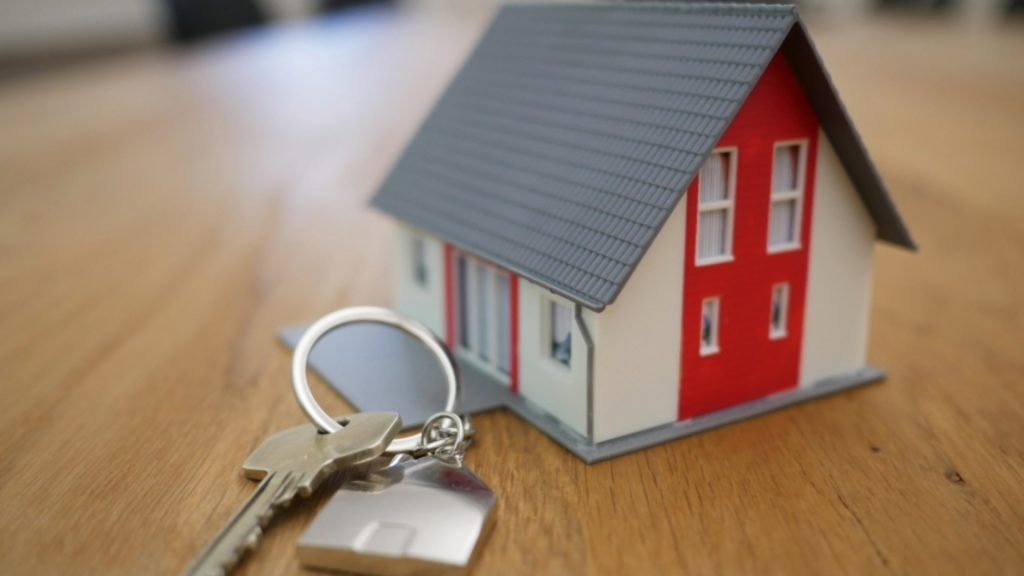
Specifically, Hayashi is worried that local counties in Nebraska might end up bearing a substantial financial burden as a result of the bill’s provisions. Simply put, the counties will be in for a world of financial pain, especially in a situation where property owners agree to sell at the quoted prices.
The Fatal Flaw Of LB1183
Forgetting LB1183 for a second, property valuation in itself is an imperfect process. More often than not, there are always mistakes with these assessments.
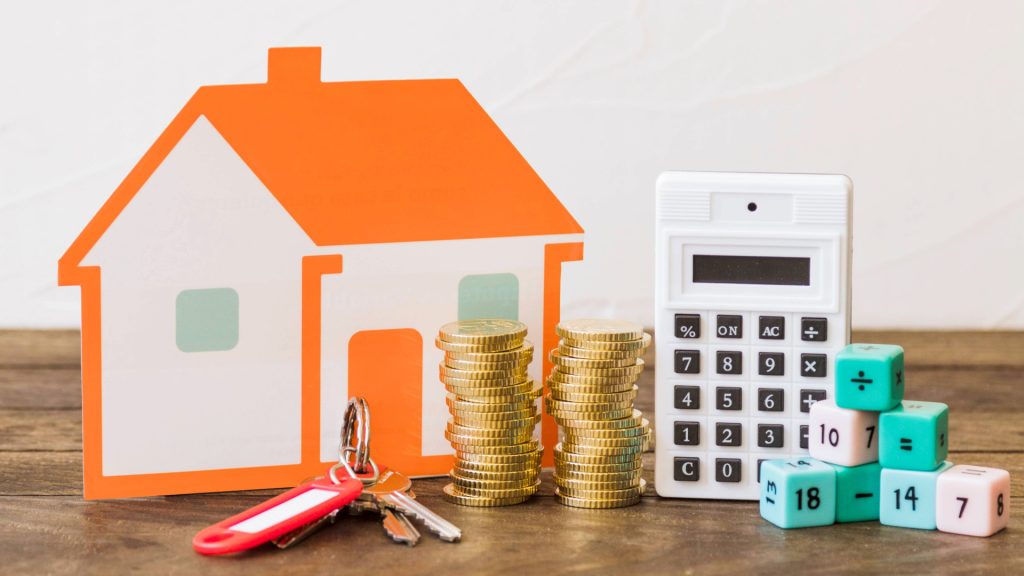
In Senator Bostar’s ideal world where LB1183 plays a major role in property valuation, this weakness now becomes a fatal flaw.
Case In Point
Hayashi cited an example where a county with a 1 percent property tax rate over-assesses a home by $30,000. Under normal circumstances, this error will result in the homeowner paying an extra $300 in property taxes.
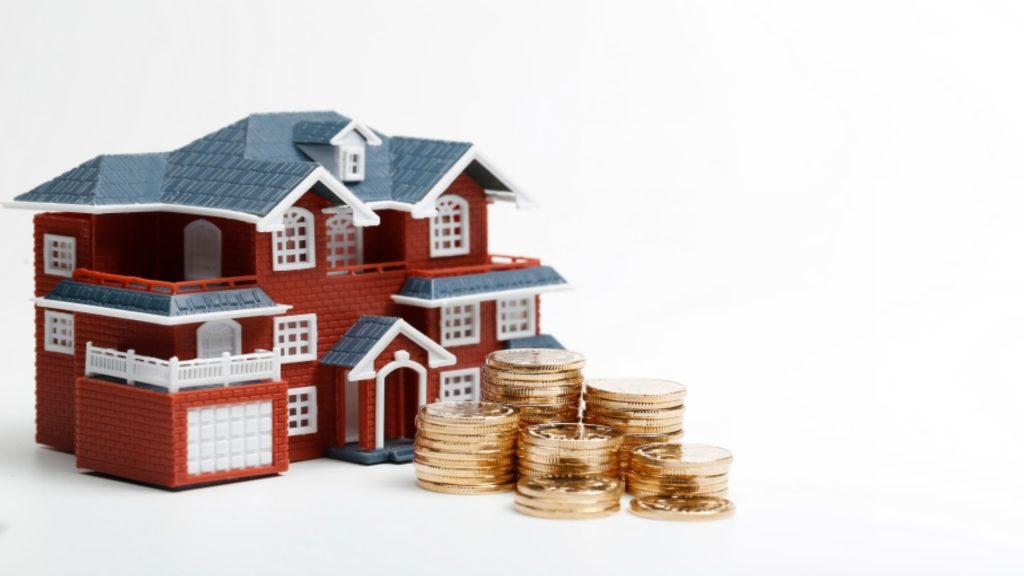
However, with the bill’s proposal, if the assessment is treated as a purchase offer and the homeowner decides to sell, the government could potentially overpay by the full $30,000. This substantial financial loss would then need to be compensated either by cutting $30,000 worth of public services or by raising an additional $30,000 in taxes from other residents.
The Government Always Comes Out On Top
Perhaps to drive his point home, Hayasi elaborated on his stance with another logically sound argument. He mentioned that homeowners usually know more about their homes than the government does.
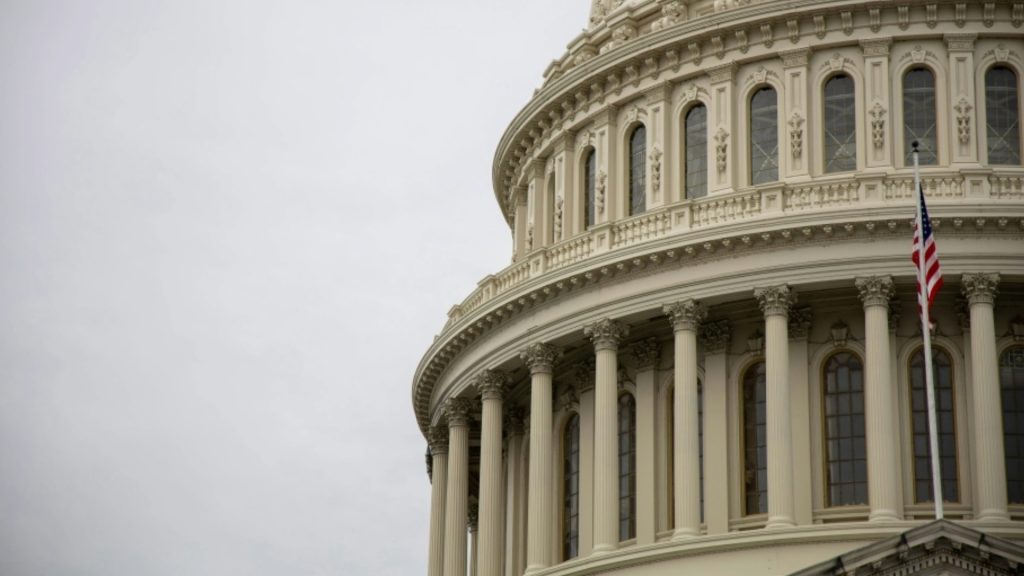
Because of this, if a house is valued too low, the owner might choose not to sell, which benefits them.
On The Other Hand
On the other hand, if a house is valued too high, the local county could lose money by having to buy it at that higher price.
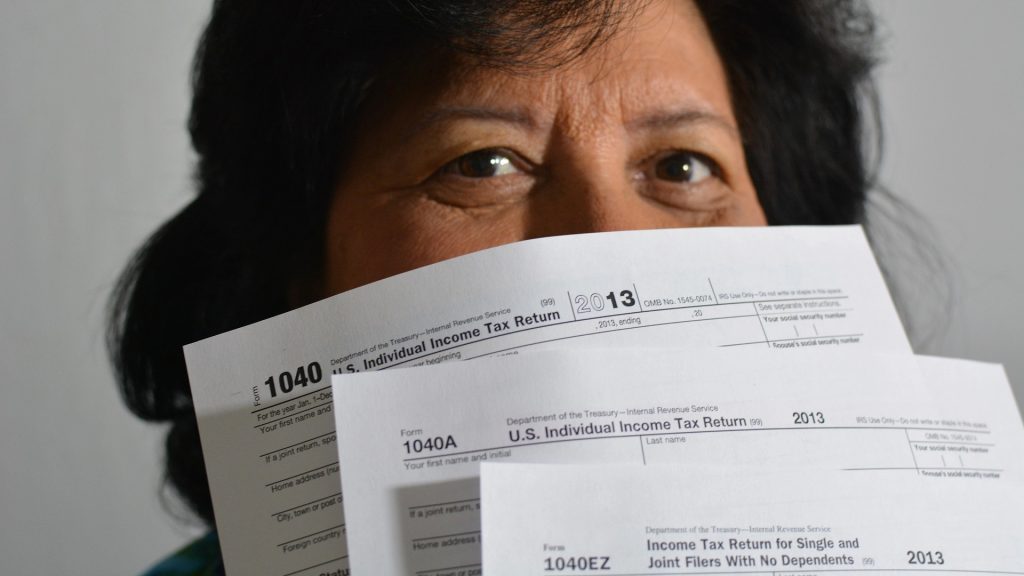
But when does the government ever lose? Never. Instead, it’s the public that’ll end up on the losing end. In most likelihood, the government will raise taxes on everyone living in the county to make up for the loss.
A Second Opinion
Todd Sinai, a professor at the Wharton School at the University of Pennsylvania, also believes that LB1183 in practice might not favor the netizens of Nebraska.

According to the professor, although the bill might lead to lower property taxes for people whose homes were valued too high compared to what they’re really worth; the total amount of money the local government needs to collect in taxes wouldn’t change. Instead, how much tax everyone pays will be moved around or adjusted within the county.
It Is What It Is
So, while some homeowners might pay less in property taxes if their home values are set more like the real market prices, the local government’s financial requirements demand that they compensate for homeowners’ gain.

That is to say, the county will have to get the needed money by reallocating the tax burden among other taxpayers.
Property Taxes and Home Prices
Andrew Hayashi shared some important numbers about how property taxes and home prices have gone up all over the country. On a national scale, home prices nearly doubled over the decade between 2011 and 2021.
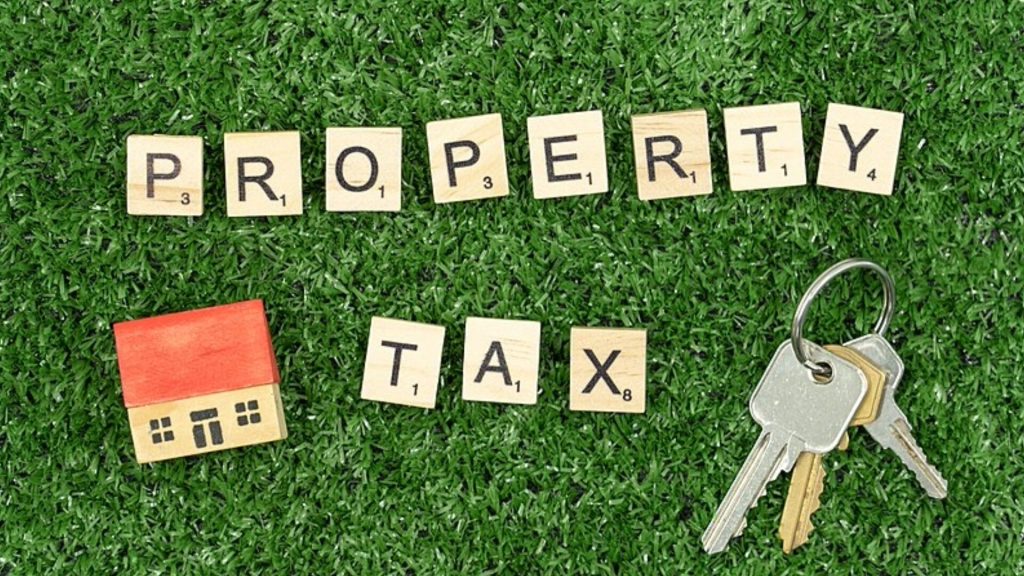
At the same time, state and local property tax revenue from property taxes went up by no small margin – about 46 percent. These numbers show a clear link between the escalating market value of homes and the relative increase in property taxes.
Nebraska Has One Of The Heaviest Property Tax Burdens In The US
According to information from the website SmartAsset, Nebraska ranks among the top 10 states in the U.S. for having one of the heaviest property tax burdens relative to the average income of its residents.

The state’s average property tax rate stands at 1.61 percent, which is notably high. Furthermore, in some of Nebraska’s largest counties, this rate can even reach up to 2 percent.
Push Comes To Shove
Also, according to Zillow, as of December 31, the average price of a home in Nebraska was $245,663.

This is 4.6 percent more than it was the year before. When you combine these higher home prices with the high property tax rates, suffice it to say Nebraskans don’t have it easy. It therefore makes sense that lawmakers of Nebraska are seriously considering laws like the one Senator Bostar is proposing.

